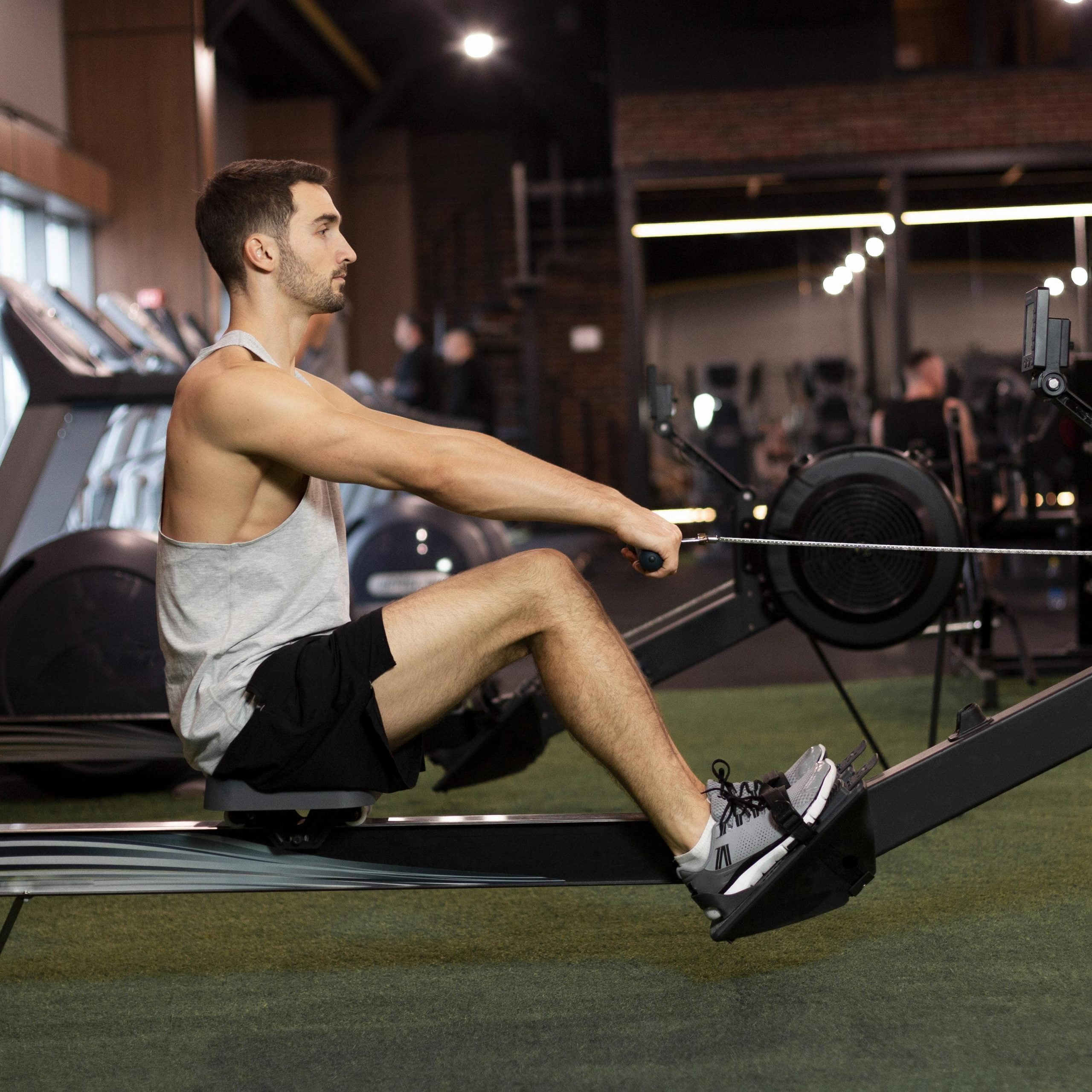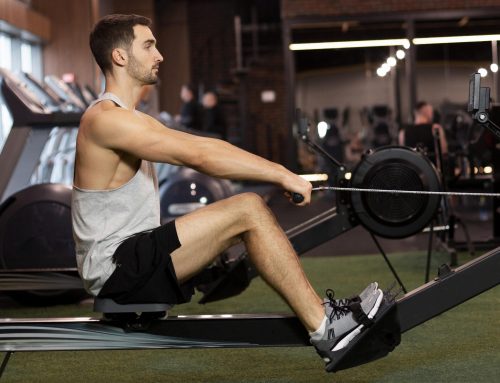Introduction
Rowing is a popular water sport that requires participants to propel a boat using oars. And while it may seem like an easy sport to the untrained eye, this couldn’t be further from the truth. Rowing is an incredibly difficult sport that challenges both the physical and mental capabilities of the rower. In this article, we’ll take a closer look at the challenges of rowing and explore just how difficult this sport can be.
The Physical Demands of Rowing
One of the most challenging aspects of rowing is the physical demands it places on the athlete. Rowing requires the use of nearly every muscle in the body, from the legs and core to the arms and back. The repetitive nature of the sport means that rowers must be in excellent physical shape to maintain the necessary level of strength and endurance over long periods of time.
To illustrate just how physically demanding rowing is, let’s take a look at some data. According to a study published in the Journal of Strength and Conditioning Research, elite rowers have an average VO2 max of 65.1 ml/kg/min. For comparison, the average sedentary person has a VO2 max of around 35 ml/kg/min. This means that elite rowers have an incredible capacity for aerobic exercise, allowing them to push themselves to their physical limits.
The Mental Challenges of Rowing
In addition to the physical demands, rowing also requires a great deal of mental strength and discipline. Rowers must be able to maintain focus and concentration over long periods of time, often in adverse weather conditions or while navigating challenging waterways. They must also be able to deal with the stress and pressure of competition, while still maintaining a cool and level-headed demeanor.
To illustrate just how mentally challenging rowing can be, let’s take a look at some more data. According to a study published in the Journal of Sports Sciences, rowers have been found to experience incredibly high levels of perceived exertion during training and competition. In fact, rowers have been found to experience levels of perceived exertion that are significantly higher than those experienced by athletes in other sports, including running and cycling.
The Technical Skills Required for Rowing
In addition to the physical and mental demands, rowing also requires a high level of technical skill. Rowers must be able to coordinate their movements with the rest of their crew, maintain proper form and technique, and execute a variety of strokes and maneuvers in a precise and efficient manner. These technical skills require a great deal of practice and training to master, and even the slightest mistake can have a significant impact on the performance of the boat.
To illustrate the technical skills required for rowing, let’s take a look at some of the key components of the rowing stroke:
| Component | Description |
|---|---|
| Catch | The point at which the blade enters the water |
| Drive | The phase of the stroke where the rower applies power to the oar, propelling the boat forward |
| Finish | The point at which the rower releases the oar from the water, ending the drive |
| Recovery | The phase of the stroke where the rower returns to the starting position |
The Importance of Teamwork in Rowing
Rowing is not a solo sport, and success in this sport requires a high level of teamwork and cooperation. Rowers must be able to work together to synchronize their movements, maintain proper technique, and navigate the waterway as a team. This requires a great deal of trust and communication, as well as a willingness to put the needs of the team above individual desires or goals.
To illustrate the importance of teamwork in rowing, let’s take a look at some of the key components of effective teamwork:
| Component | Description |
|---|---|
| Communication | Clear and effective communication is essential for coordinating movements and executing a successful race |
| Trust | Each member of the team must trust in the abilities of their teammates and work together to achieve a common goal |
| Cooperation | Rowers must be willing to put aside their individual desires and goals for the good of the team as a whole |
Conclusion
Rowing is an incredibly difficult sport that challenges athletes both physically and mentally. It requires a high level of strength, endurance, technical skill, and teamwork to achieve success. And while rowing may not be for everyone, those who are willing to put in the time and effort to master this sport can enjoy a lifetime of physical and mental health benefits, as well as the thrill of competition and the camaraderie of a close-knit team.






